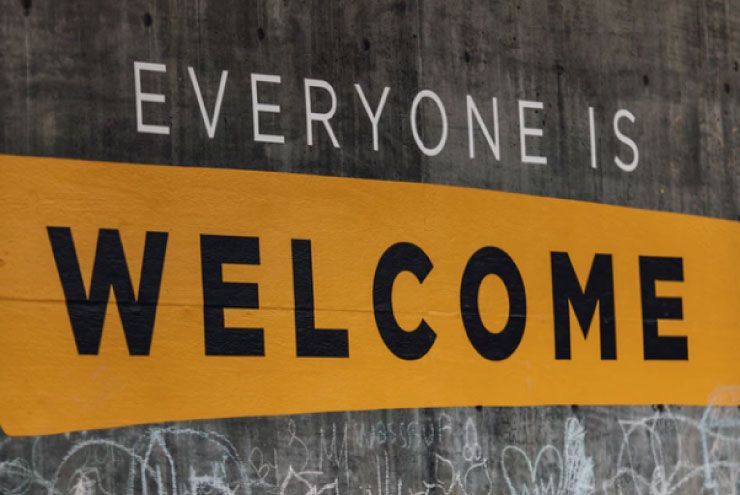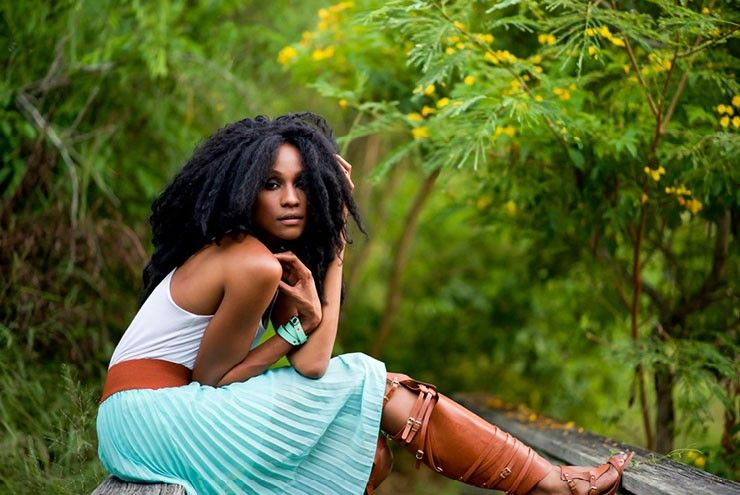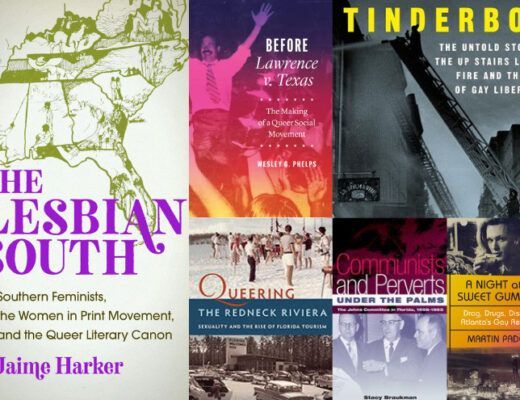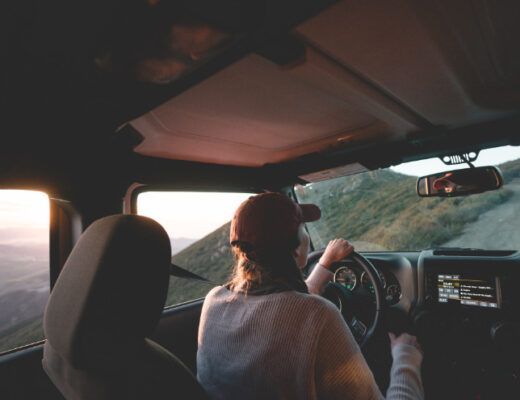By Marco Aquino
Dear America,
I arrived in this country when I was four years old. My mother had married a man, an American citizen, who would become my stepfather and we left behind our previous home in a small ranching community in Mexico. Even though I was young, I remember that period in my life like it was yesterday. I was nervous to arrive in this new place where the people looked different and spoke a different language than me. Even the houses looked different. In Mexico, we didn’t have running water or electricity—we used an outhouse, gas lamps, and we washed our clothes with water from a nearby well. Although the nearby city of Acuña was relatively modern, we resided outside of the city limits where people often lived off the land.
My mother enrolled me at Tynan Elementary, on San Antonio’s East Side, a predominantly African American neighborhood back in the 1980s and early 1990s. It was a tough transition for a four year old to make. I didn’t speak English and the kids made fun of the way I talked. My new stepfather was abusive, he was often drunk, and every now and then, he would shoot his gun in the air for no apparent reason. One time, he stabbed my mother. I often wondered why we left our loving home in Mexico for this cruel and unusual place here in the States. For years, I resented my mother for bringing me into such a hostile environment. I missed my grandparents back in Mexico, and I missed our cows and chickens.
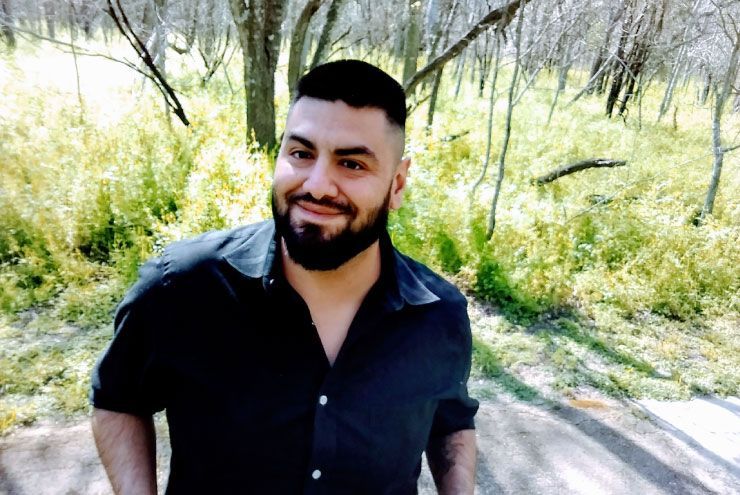
Writer Marco Aquino
Today, I can say I am eternally grateful for having the opportunity to live, work, and study here in the United States. I can better appreciate the sacrifices my mother made for the opportunity to live in this country. As today’s migrant crisis looms on, my heart breaks for the families who traveled thousands of miles to arrive in the US, only to be turned away at our borders, or even worse, separated from their families and put in cages for months on end.
As someone who was not born in this country, I must admit, I feel a great sense of guilt for being allowed to live here while others are turned away. I am shocked by the inhumane treatment of our southern brothers and sisters and I am saddened by the heartless response to this humanitarian crisis by many of our citizens. “It’s not our problem,” they say. Or, “America first.”
What many of our citizens fail to understand is that we are not in this alone; what affects one of us, affects all of us. As one of the players responsible for the violence in Central America, the US can afford to do more for the migrants than what we are currently doing. The people who have traveled to the United States are not here to seek handouts, they are here, in part, because the United States made their countries dangerous and unlivable.
In the 1950s, it was the CIA that overthrew the democratically elected government of Guatemala, giving way to decades of dictatorship and civil war. The vicious MS-13 gang was not formed in El Salvador, as commonly believed, but in the failed prison system of California where petty criminals become hardened criminals and are often deported back to Latin America. And it is our country’s insatiable appetite for narcotics that sustains the War on Drugs in Honduras.
So no, the US is not the victim of an onslaught of “illegals” trying to enter the country. We are not being “invaded” as the US has invaded other countries during many of its imperial wars. There is nothing “illegal” about people coming to this country seeking political asylum as guaranteed under the Universal Declaration of Human Rights. Even calling someone an “illegal” is suspect. No person is “illegal,” even though their actions may be. Holocaust survivor and Nobel peace prize winner Elie Wiesel once famously stated, “You who are so-called illegal aliens must know that no human being is illegal.”
I don’t have the answer to end this humanitarian crisis and there are no simple solutions. But through all of this, I know that we must not fail to recognize the basic humanity in one another. We must treat each other with the same dignity and respect of which we are all deserving.
Of course, we must secure our borders and allocate funding for border security. We must work towards comprehensive immigration reform and demand that countries respect their own citizens’ rights. But we must also remember that the people who come knocking on our doors are people just like you and me. People with similar dreams and hopes who happened to be born on the opposite side of the border.
People like Felipe Gomez Alonzo, the eight-year-old Guatemalan boy who died on Christmas Eve 2018 in New Mexico while in custody of US officials.
Or Jakelin Caal, the seven-year old Guatemalan girl who died in December of 2018 at an El Paso children’s hospital after making the grueling trip from Guatemala with her father.
These children are no different than the children in your own family, or the ones enrolled in your local elementary schools, or high schools, or universities. But they are different in that they didn’t live to see the American dream. I hope that the fear and misunderstanding that has taken hold of our communities will soon be replaced by love, empathy, and the ability to see children of any race, creed, or nationality as our very own.
Respectfully,
Marco Aquino
Arts Writer


